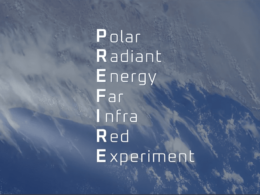Without immediate action, twelve EU countries will end up missing their national climate targets under the Effort Sharing Regulation (ESR), according to a new study by Transport and Environment (T&E). The analysis of national climate plans also finds that seven more countries are at risk of falling short. Germany and Italy are the worst performers, with France barely meeting its target and a slight policy rollback or a particularly cold winter could push it into non-compliance. T&E emphasises that there is still time to adjust government policies to meet the 2030 targets.
Germany and Italy are projected to miss their targets by significant margins—10 and 7.7 percentage points, respectively. This shortfall means they could consume most of the available carbon credits of other countries, with Germany alone requiring 70% of them. Other non-compliant countries might be left with no allowances to purchase, potentially facing legal consequences.
However, both countries can still meet their targets by implementing measures such as increasing electric vehicle adoption and improving building insulation.
Countries missing their targets can buy carbon credits from those that meet them, with prices negotiated bilaterally. However, T&E warns that without prompt action, a scarcity of credits could arise, leading to a bidding war in 2030 and driving up prices.
The analysis shows that Spain, Greece, and Poland are likely to have the most surplus credits, with Spain expected to overachieve its 2030 target by 7 percentage points, potentially earning €10 billion from countries not on track. Five countries, including France and the Netherlands, have submitted just-sufficient plans, but any policy weakening could push them into the red zone, necessitating the purchase of carbon credits.
Under the ESR, Member States must meet climate targets for road transport, buildings, small industry, waste, and agriculture, with targets based on GDP—richer countries have higher emissions reduction targets. The EU’s overall goal is a 40% reduction by 2030 (compared to 2005 levels) across these sectors. Countries must submit National Energy and Climate Plans (NECPs) by June 30th, detailing how they intend to meet these targets.
T&E’s analysis of draft NECPs and recent projections indicates that emissions in the ESR sectors are expected to decrease by only 35.5% by 2030 (compared to 2005), falling 4.5 percentage points short of the EU’s 40% target.
















